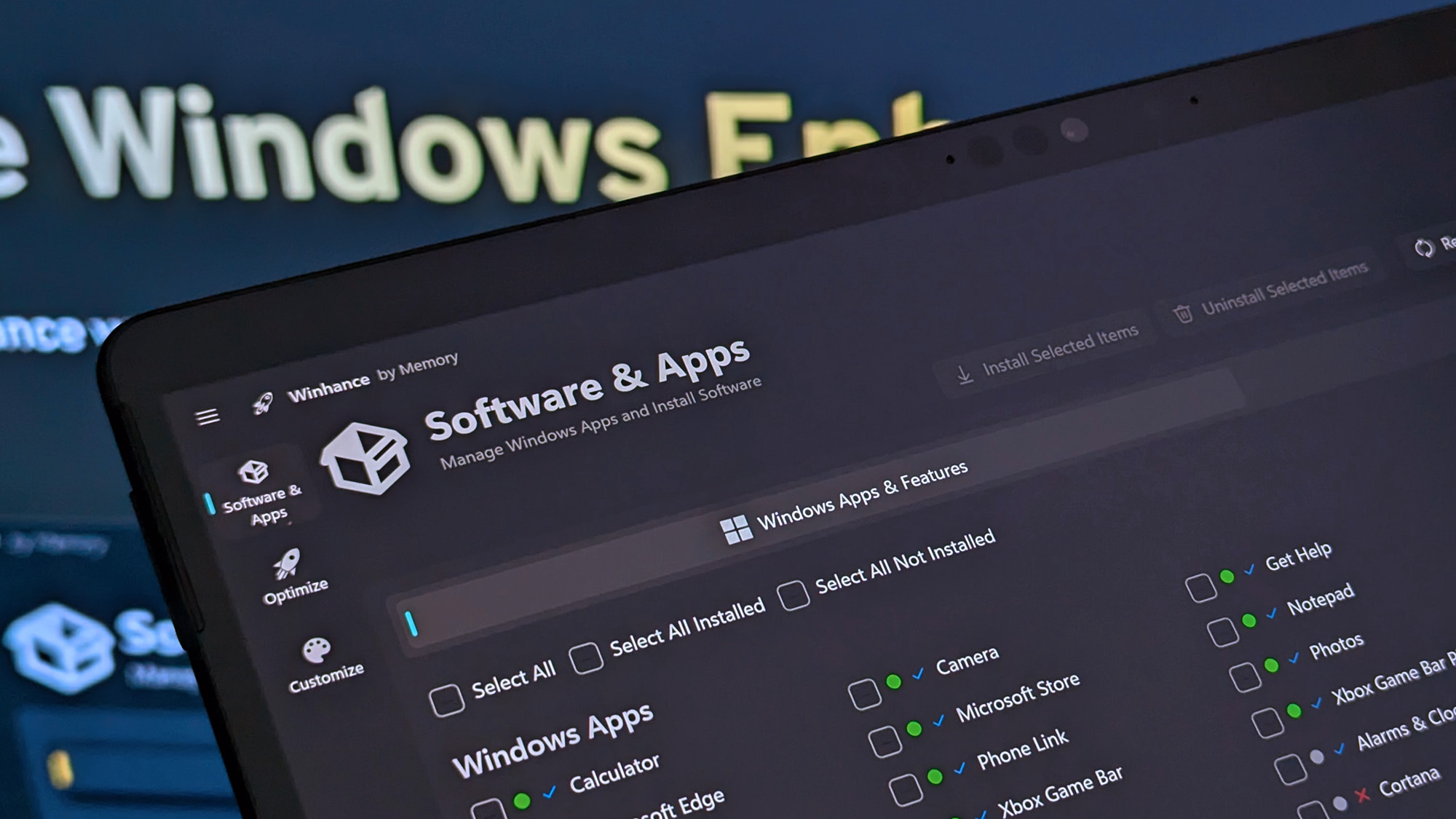Intel outs three more Core and Xeon processor exploits
Dubbed Foreshadow, the new vulnerabilities operate in a similar manner to the Spectre and Meltdown flaws discovered earlier this year.

All the latest news, reviews, and guides for Windows and Xbox diehards.
You are now subscribed
Your newsletter sign-up was successful
As if the Meltdown and Spectre attacks didn't cause enough of a ruckus upon their discovery earlier this year, Intel today disclosed three new exploits that operate in a similar fashion. Using a speculative execution side-channel method called "L1 Terminal Fault (L1TF)" (or, "Foreshadow", by the researchers who discovered it), the flaws can be exploited by an attacker to access private data on machines running Intel's Core and Xeon lines of processors.
Most concerning about the L1TF methods is that the first identified attack can be used to access data stored in SGX enclaves, which are designed to keep user data secure even if a user's machine falls prey to an attacker. The two other related L1TF attacks can be leveraged to read the L1 cache, System Management Mode memory, kernel memory, virtual machines, and hypervisors.
According to Intel, none of these attacks have been seen in the wild yet. And, fortunately for those who have already applied mitigations for Spectre and Meltdown, previous microcode updates are "an important component of the mitigation strategy for all three applications of L1TF," Intel says. From Intel:
When coupled with corresponding updates to operating system and hypervisor software released starting today by our industry partners and the open source community, these updates help ensure that consumers, IT professionals and cloud service providers have access to the protections they need.L1TF is also addressed by changes we are already making at the hardware level. As we announced in March, these changes begin with our next-generation Intel® Xeon® Scalable processors (code-named Cascade Lake), as well as new client processors expected to launch later this year.
August "Patch Tuesday" updates offer protection for Windows
For Windows users, the latest batch of Patch Tuesday updates released for August contain the latest mitigations from Intel, which should protect against two of the L1TF attacks when combined with previous Spectre and Meltdown mitigations. The third variant, Intel says, is more complicated, but may only affect certain datacenters using virtualization.
Though Intel hasn't observed these attacks being used yet, it would be a good idea to keep your PC up to date with the latest patches.
For more on L1TF, you can check out an in-depth overview of how the attacks work in the video below.
All the latest news, reviews, and guides for Windows and Xbox diehards.

Dan Thorp-Lancaster is the former Editor-in-Chief of Windows Central. He began working with Windows Central, Android Central, and iMore as a news writer in 2014 and is obsessed with tech of all sorts. You can follow Dan on Twitter @DthorpL and Instagram @heyitsdtl.
